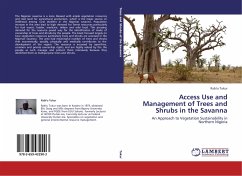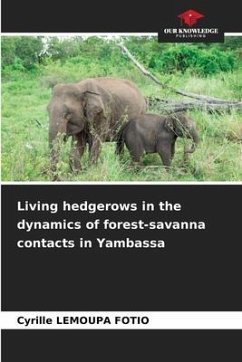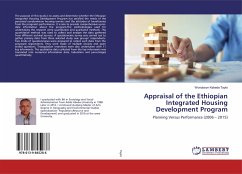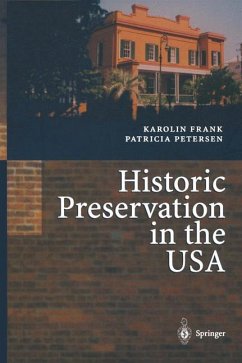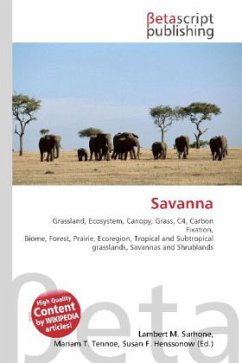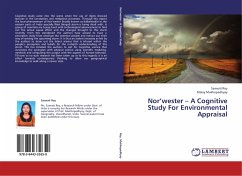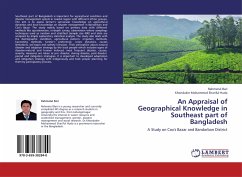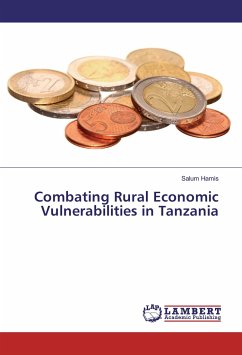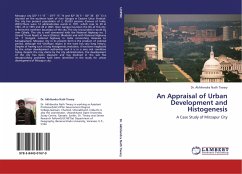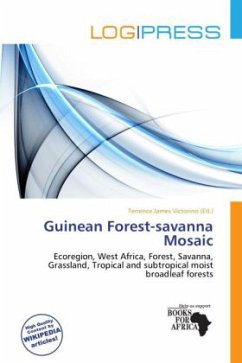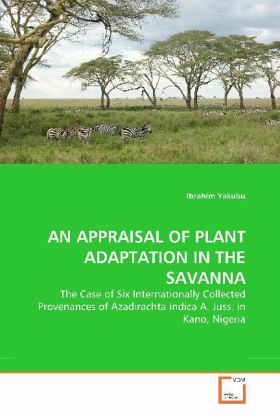
AN APPRAISAL OF PLANT ADAPTATION IN THE SAVANNA
The Case of Six Internationally Collected Provenances of Azadirachta indica A. Juss. in Kano, Nigeria
Versandkostenfrei!
Versandfertig in 6-10 Tagen
52,99 €
inkl. MwSt.

PAYBACK Punkte
26 °P sammeln!
Six provenances of A. indica collected, through the FAO, from their natural range in India, were appraised for survival, growth and health in the Dorayi area of Kano metropolis, Nigeria. The study was conducted in a completely randomised block design with four replications, with a view to restrengthening and/or replacing the already weakened Local Land Race of the species. Analysis of variance, Bonferroni T-test, linear regression and correlation tests were conducted on the two minimum data sets.There was no statistically significant difference, at 0.10, among the provenances in growth and hea...
Six provenances of A. indica collected, through the FAO, from their natural range in India, were appraised for survival, growth and health in the Dorayi area of Kano metropolis, Nigeria. The study was conducted in a completely randomised block design with four replications, with a view to restrengthening and/or replacing the already weakened Local Land Race of the species. Analysis of variance, Bonferroni T-test, linear regression and correlation tests were conducted on the two minimum data sets.There was no statistically significant difference, at 0.10, among the provenances in growth and health status. There was however, a statistically significant difference in the survival performance of the provenances. The study recommends two provenances, Allahabad 83% (6.40SEM)and Mukkambu 83% (6.40SEM), based on their outstanding performance in survival for possible seed procurement and multiplication and, with a view to restrengthening the already weakened Local Land Race in the study area. It concludes by suggesting further studies on the variable factor of health, as the provenances might just need more time and diverse trial sites to manifest their true worth.



